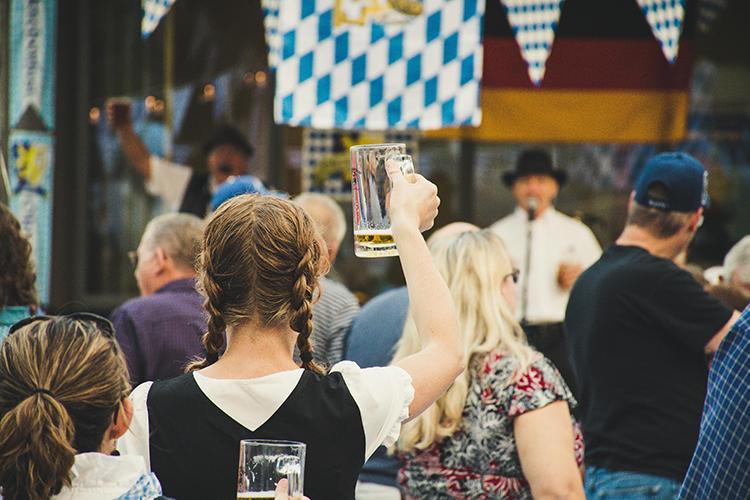6.7 Million Attend Munich’s Oktoberfest, Fewer Than Last Year
The Munich Oktoberfest wrapped up its 16-day celebration today, drawing 6.7 million visitors, according to preliminary figures released by festival organizers. Attendance was down from last year, when 7.2 million people attended the festival, which ran for two extra days. This year’s visitors consumed approximately seven million liters of beer, slightly less than the previous year.
“Oktoberfest was particularly relaxed this year,” said festival chief Clemens Baumgärtner. He noted that despite the large crowd, there were fewer crimes and medical emergencies compared to previous years. Police reported a 25% decrease in crime, while health officials registered nearly 30% fewer patients requiring treatment.
The festival took place under heightened security measures following a terror attack in Solingen in August, in which a Syrian asylum seeker killed three people and injured eight others. Additionally, just before the start of Oktoberfest, an Islamist attacker from Austria targeted the Israeli Consulate General and Munich’s Documentation Centre for the History of Nazism. In response, Bavarian authorities introduced random entry checks, including metal detector searches. A force of 600 police officers and 2,000 private security personnel ensured the safety of festivalgoers. Fortunately, no major incidents were reported.
Oktoberfest continued to draw a global audience, with tourists flocking in from the U.S., Italy, Britain, Austria, Poland, France, and for the first time, a significant number of visitors from India.
Though the festival saw fewer visitors this year, organizers attribute the decline partly to weather conditions. The first week of Oktoberfest was sunny and warm, while the second week saw cooler temperatures and heavy rain. This year also marked the first time beer prices crossed the EUR 15 mark, with a glass costing between EUR 13.60 and EUR 15.30 (CZK 341 to 384). Despite the price hike, consumption of non-alcoholic beer remained at four to five percent of total beer sales, while food consumption rose by nine percent.
A notable aspect of this year’s festival was the reduction in thefts of the traditional Oktoberfest mugs, or “tuplas.” Security managed to prevent the theft of 98,000 mugs, compared to 115,600 last year.
Unlike previous years, this edition of Oktoberfest did not feature a standout musical hit. Last year, the crowd’s favorite was the Italian song Sará perché ti amo by Ricchi e Poveri. This year, the most frequently played songs were Taylor Swift’s Shake It Off and Coldplay’s Viva La Vida.
The festival’s lost-and-found department had its hands full, recovering 700 wallets, 500 IDs, 315 mobile phones, 450 credit cards, and 150 sets of keys, along with unusual items such as five wedding rings and a pair of metal handcuffs.
The Oktoberfest tradition dates back to 1810, when Crown Prince Ludwig of Bavaria and his bride, Princess Therese of Saxony-Hildburghausen, celebrated their marriage with a horse race in a meadow outside Munich. The event was such a success that it became an annual festival. Even after its start was moved to September for better weather, the event retained its original name. This year marked the 189th edition of the world-famous beer festival.
Source: CTK









